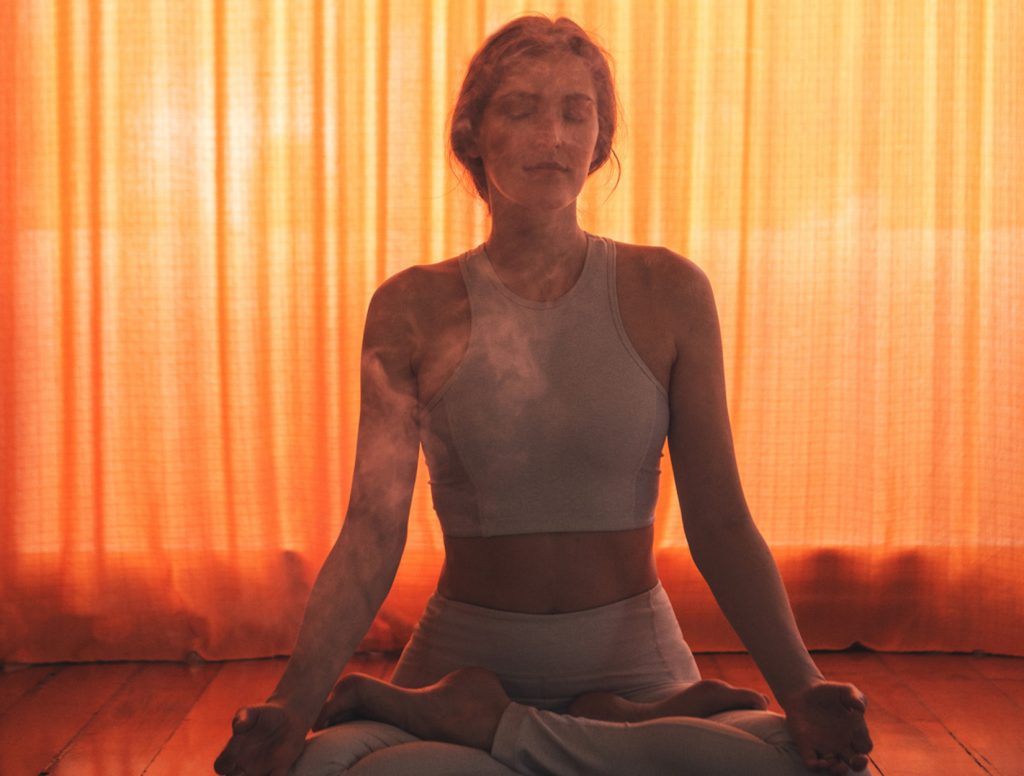
One way to prevent your child from having an allergic reaction is to avoid the substance that causes it (the allergen). However, it is not always possible to keep a child away from outdoor allergens when the weather is suitable for outdoor activities. It is also not possible to completely eliminate allergens present in the external environment or inside the home like pollen and mites.
Even when allergens are avoided, medicines are often needed to minimize the symptoms and their impact on the child’s activities.
There are several types of treatment for your allergies. But the best option for you should be chosen with your allergy specialist. If you don’t have one already, you can consult a professional one at UnionMD.
Limit your child’s exposure to allergens
By reducing your child’s exposure to the substance responsible for his allergy, you can reduce the symptoms of allergy. However, this strategy does not allow for long-term improvement and may limit their activities if allergens are still present.
If your child has an allergy to pollen:
- Try to keep your child indoors when the pollen concentration is high.
- Reduce the amount of pollen in your home by keeping windows and doors closed during the pollen season, especially during the day.
- When traveling by car, leave the windows closed.
- When your child has been outdoors, remove his clothes and shoes and do not leave them in his room.
- Wash your child’s hair regularly. When he comes home after playing outside and has allergy symptoms, he must take a bath and wash his hair.
If your child is allergic to house dust mites:
- Wash your sheets with hot water once a week and dry them in the dryer.
- Use anti-dust mite covers on the mattress and pillows, and clean them regularly.
- Remove objects that easily take up dust from his room.
- Remove carpets from your home, especially in your child’s room.
- Air the pieces twice a day for 15 minutes
- Clean and clean your child’s clothes and toys regularly.
- Install a High Efficiency Filter for Airborne Particles (HEPA) on your vacuum cleaner.
Relieve your child’s allergy symptoms
Many allergic children need medication to suppress their symptoms. Used locally (nasal sprays or eye drops) or oral (tablets, capsules), symptomatic medications such as antihistamines and corticosteroids have the task of relieving symptoms by temporarily blocking the allergic reaction.
If these medications help relieve your child’s allergy symptoms, they do not address the cause.
Treat the cause of your child’s allergy
Have you noticed that your child continues to have allergy symptoms despite the symptomatic medications? Allergen immunotherapy is for children from 5 years old. It aims to treat the cause of allergy by exposing the body regularly to small doses of the allergen responsible for the allergy. This approach builds a tolerance to the substance that causes the allergy.





